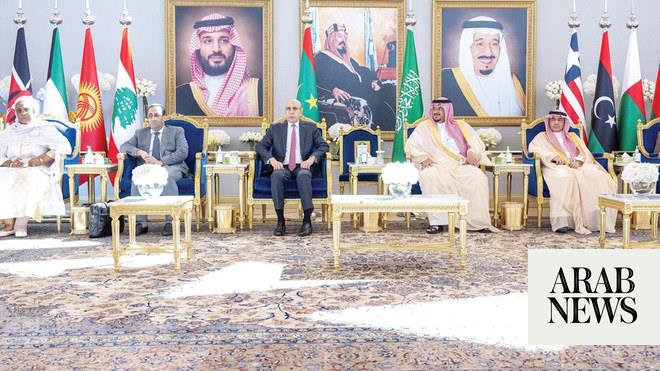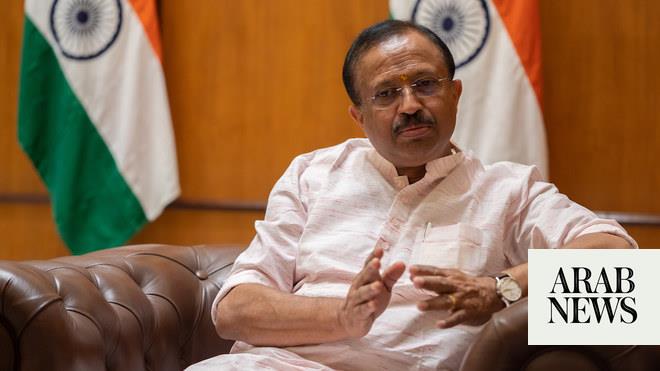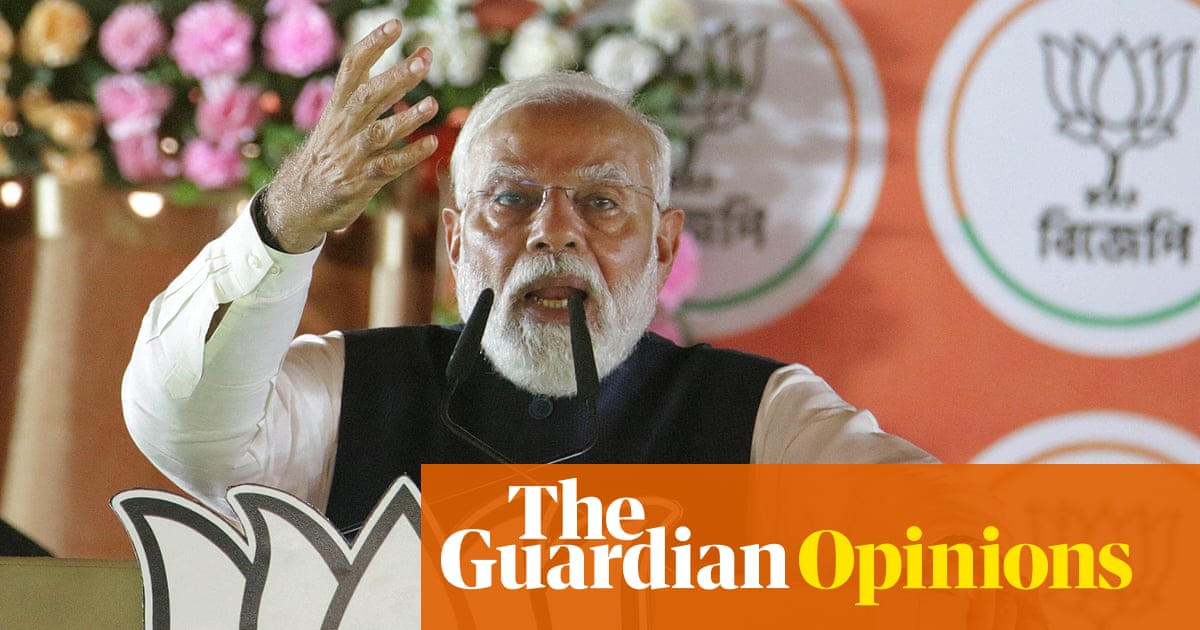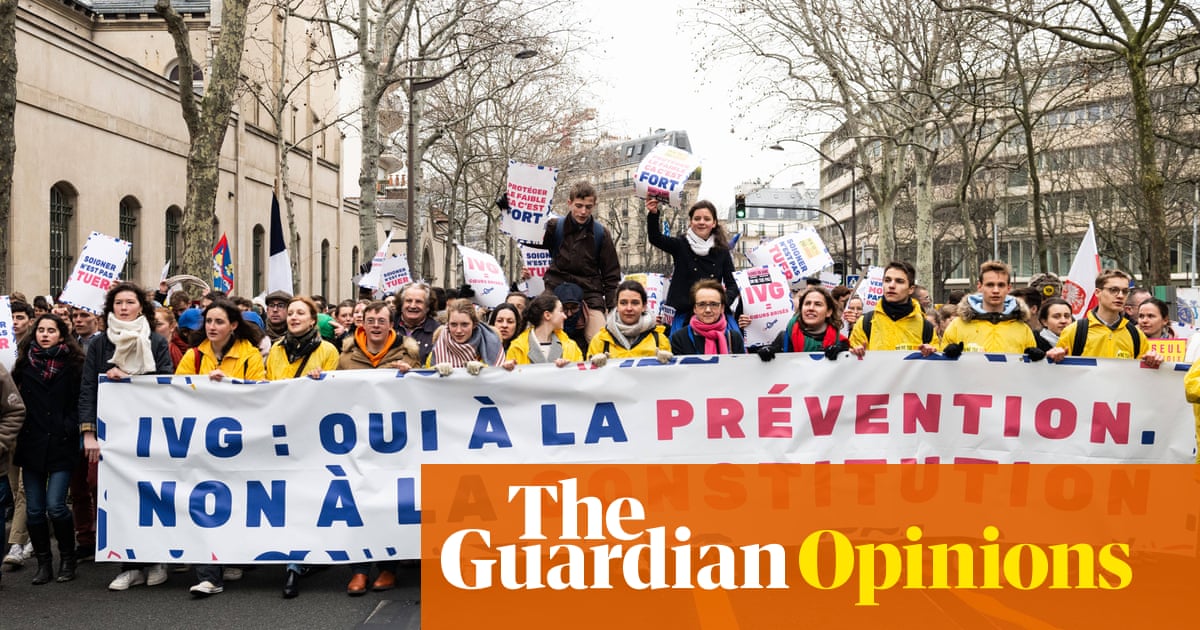
There was much talk about Ming vases during the election campaign. Instead, in these Euros-dominated days, here’s a football metaphor. Keir Starmer’s task amounted to getting to full time without serious mishap against a team that was 5-0 down within 40 minutes, all own goals, whose captain left the field early for half-time, and whose players started butting heads well before the game’s end. But you can only beat what’s in front of you. Now the hard part starts.
The domestic challenges look bad: the NHS crisis, bankrupt local governments, crumbling infrastructure, a flat economy. But the foreign policy in-tray looks worse: war in Europe, conflict in the Middle East, friction with China and a possible Trump return. It makes for the most fragile and dangerous time for a generation.
Business will kick off with two summits. President Joe Biden will host Nato leaders from 9-11 July. After his record win, Starmer will be in the spotlight, the man everyone wants to meet. Ukraine will dominate the discussion. The trajectory of the war has changed and the initiative now lies with Moscow. Had the US Congress not agreed recently to resume US military aid to Ukraine, we might now be seeing substantial Russian advances. And Putin believes he can outlast the west.
This Nato gathering, with Starmer playing his part, needs to reaffirm support for Ukraine; the Europeans must commit to doing more; and leaders must reassert convincingly that Nato will last the course. Because if Putin wins in Ukraine, he will not stop there.
A week later, Starmer will host the European Political Community summit: 50 European leaders meeting at Blenheim Palace in Oxfordshire. Behind the scenes, EU leaders will be curious to know what Starmer wants from them. Is it only an agreement on foreign policy cooperation, a deal to minimise checks on agri-food trade, something on youth mobility? Or will there be more ambition?
For their part, EU leaders will respond cautiously: they’ll say, “You’re nicer people than your predecessors, but you can’t cherry-pick and we’ll have our demands, like bigger fisheries quotas”. There are no easy wins here.
Away from the summits, there’s a long list, starting with the Gaza conflict. With no end in sight, Israeli officials predict a timeline stretching into 2025, and the Israeli PM, Benjamin Netanyahu, growing increasingly reliant on the ceasefire-opposing far-right parties.
American peace proposals are not gaining traction; the UK has little leverage. So the risk of wider escalation remains; the damage to western relations with the Arab world will continue to smoulder, and the economic harm, higher shipping costs in particular, will continue.
Further down the list are a host of complex and intractable problems: civil wars in the Horn of Africa and Myanmar, impending famine in Sudan, the deteriorating relationship between the west and the global south, such as relations with China.
We need a strategy for China that allows putting pressure on for unfair trade practices, theft of western intellectual property, human rights abuses, and threats towards neighbours, while also continuing to have access to the lucrative Chinese market. This balancing act will get more difficult: America sees China as the existential security and economic challenge of our times and will expect support from Europe.
And what happens in America on 5 November hangs over all of this. The odds on a Trump 2.0 have shortened dramatically after Biden’s catastrophic debate performance, compounded by Democrat dithering over whether their man should be persuaded to retire. Of course he should: this was a career-ending debacle that no amount of magical thinking can reverse.
Sensibly, the new foreign secretary, David Lammy, has been building channels to the Trump entourage. Even so, if Trump triumphs, it will be hard: the US leaving the Paris climate change deal, a tariff war with Europe, disdain for Nato, pressure on Volodymyr Zelenskiy to concede eastern Ukraine to Putin; that’s a lot to try to stop. All of which plays into the existential question for post-Brexit Britain: what is our place in the world?
The political chaos of the last few years has done grievous damage to our reputation. Regaining the respect we once enjoyed requires the return of consistent economic growth and the restoration of a stable, pragmatic, reliable government. And while Starmer understandably said little about Europe during the campaign, the reality is that, eight years after Brexit, the path to national renewal will be much shorter if it involves a greatly strengthened relationship with Europe. Breaking down the barriers between us and the single market will help the economy.
And a strengthened political and security relationship with Europe will help us weather the storms of war in eastern Europe, turmoil in the Middle East, tension with China and, potentially, the challenge of a unilateralist America. The sooner we start, the better.
Lord Darroch was UK national security adviser from 2012-2015 and British ambassador to the US from 2016-2019












